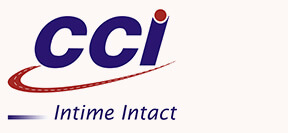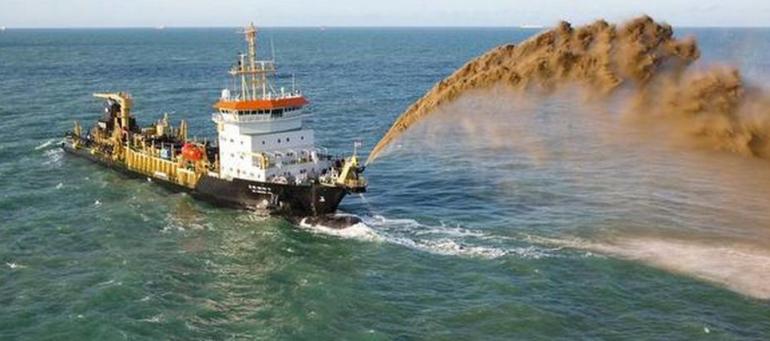15
Nov
2018
The inside story of DCI stake sale
Workers of the state-run Dredging Corporation of India Ltd (DCI), who waged a successful struggle for months against its privatisation, will likely have walked into a trap, with the Union Cabinet last week clearing the sale of the Centre’s 73.44 per cent stake in the dredging contractor to a consortium of four state-owned ports.
The Narendra Modi-led government, with a big push from the Shipping Ministry helmed by Nitin Gadkari, has scored a few brownie points in the run-up to next year’s polls by reversing the Cabinet’s decision last year to privatise the company, located in Andhra Pradesh, a State whose government was, till a few months ago, a key constituent of the ruling National Democratic Alliance.
For the Shipping Ministry, it is the easiest way to suck out some of the cash reserves of four major ports — Visakhapatnam Port Trust, Paradip Port Trust, Jawaharlal Nehru Port Trust and Kandla Port Trust — of the 12 it controls. With the exception of Kamarajar Port Ltd, which is run as a company and hence pays dividend to the government, none of the other 11 major ports, which are run as trusts, pay any dividend.
New Mangalore Port Trust, which was part of the original plan mooted by the Ministry along with Vizag and Paradip, was dropped to make way for JNPT and Kandla in the consortium because of their much better cash positions.
For the Department of Investment and Public Asset Management or DIPAM, it is the surest way of getting ‘good money’ from a stake sale in a government company to meet a record divestment target set for the year, which looks improbable now because of the elections slated for next May.
Given the nature of the business that DCI is in, and the paucity of corporates with the financial wherewithal to buy it, the government would have faced an uphill task to find a private buyer for the dredging company based in Visakhapatnam.
Selling DCI to a clutch of four state-owned port trusts is the safest bet for the government. By doing so, it has insulated itself from the task of privatising DCI at a future date, which is still a possibility.
The privatisation then would be handled by the four port trusts, where the government would have no role to play. It would purely be a call of the port trusts, many of which have been critical of the dredging company’s performance in the past when it was hired for work.
For the time being, DCI will stay in government hands, but the workers’ euphoria over this ‘success’ comes with an expiry date.
For the Narendra Modi government, the only Centre-owned port in the Prime Minister’s home State is still called Kandla Port Trust, at least according to the Cabinet Committee on Economic Affairs (CCEA), which mentioned Kandla Port Trust in the press statement announcing its decision to sell Dredging Corporation of India (DCI) to four port trusts.
Kandla Port Trust — India’s biggest state-owned port by cargo handled and one of two major ports to handle over 100 million tonnes (mt) of cargo a year — was renamed as Deendayal Port Trust in September 2017 after Pandit Deendayal Upadhyay, an RSS thinker and co-founder of Bharatiya Jana Sangh, the forerunner of the Bharatiya Janata Party.


